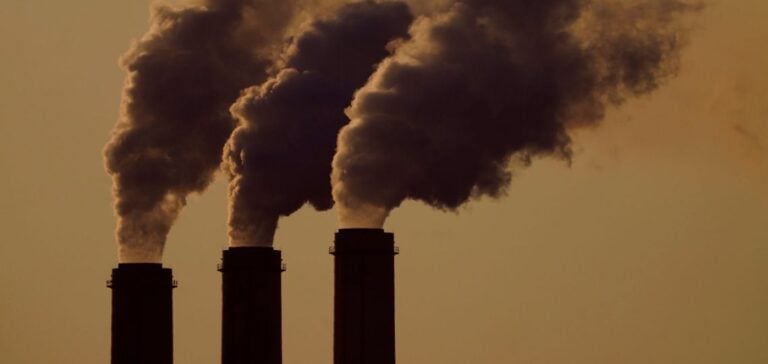Thailand has taken a decisive step in its fight against climate change. Eight Thai government agencies signed an agreement on November 6 to cooperate with Germany under the Thai-German Climate Cooperation initiative, supported by Germany’s Ministry for Economic Affairs and Climate Action. This initiative aims to integrate key sectors of the Thai economy to reduce greenhouse gas emissions and achieve ambitious climate goals.
The core of this cooperation relies on the concept of “sector coupling,” an innovative strategy that links multiple sectors for more efficient energy and resource management. Specifically, this model connects energy supply and consumption in various sectors such as transport, agriculture, and industry to maximize the use of renewable energy and limit CO₂ emissions. This integrated approach is designed to create a network of cooperation among different actors and thus reinforce efforts toward a sustainable energy transition.
A Partnership Supported by Eight Key Agencies
The signatories of this agreement include the Department of Climate Change and Environment, the Office of Natural Resources and Environmental Policy and Planning, the Energy Policy and Planning Office, the Department of Alternative Energy Development and Efficiency, the Office of Transport and Traffic Policy and Planning, the Office of Agricultural Economics, and the Bangkok Metropolitan Administration. Together, these institutions work to coordinate Thailand’s climate policies and strategies in partnership with Germany, under the aegis of the German government’s International Climate Initiative.
Carbon Neutrality and Long-Term Goals
Thailand has set ambitious targets: achieving carbon neutrality by 2050 and reaching net-zero emissions by 2065. These objectives reflect a commitment to bolstering resilience to climate change while supporting sustainable economic growth. According to Phirun Saiyasitpanich, Director-General of the Department of Climate Change and Environment, “It is essential to go beyond sectoral efforts and work in an integrated manner to realize our potential and achieve our ambitions.”
Challenges and Opportunities of Sector Coupling
Sector coupling is new in Thailand, and its implementation may prove challenging. A renewable energy expert noted that “some sectors, such as electric vehicle charging stations, are already exploring solutions to secure renewable energy supply, using Renewable Energy Certificates (REC) to claim 100% green usage.” This approach could inspire other sectors, stimulating demand for sustainable and innovative energy solutions.
A Model for Southeast Asia?
This partnership with Germany could become a model for other Southeast Asian countries that, like Thailand, are vulnerable to the impacts of global warming. International cooperation and the exchange of technology and expertise could play a critical role in transforming the economies of the region. This Thai-German Climate Cooperation initiative underscores the importance of transnational collaborations in achieving shared goals of emissions reduction and sustainable development.
With this initiative, Thailand hopes not only to strengthen its own climate resilience but also to position itself as a key player in Southeast Asia’s energy transition.






















